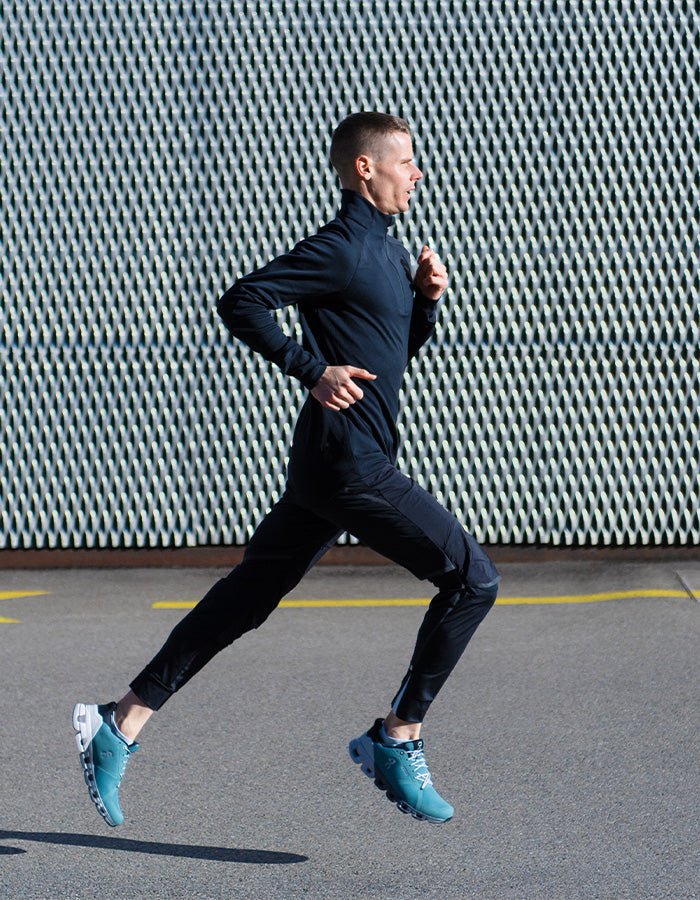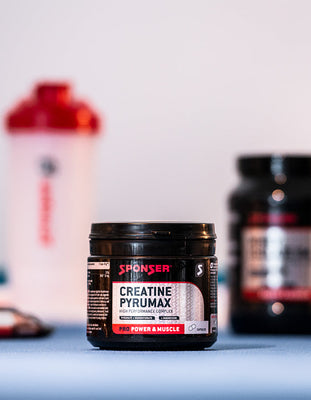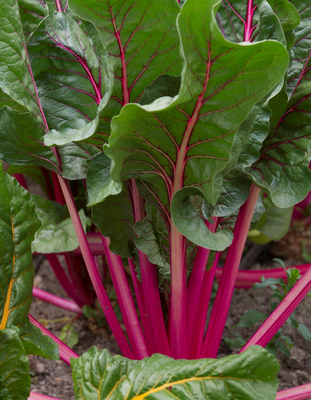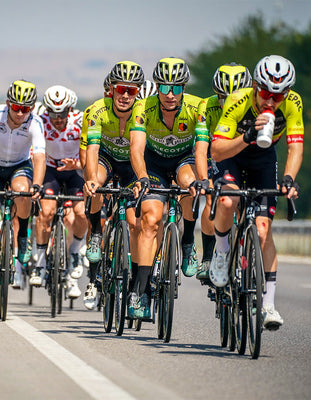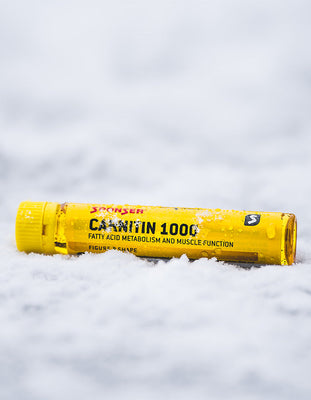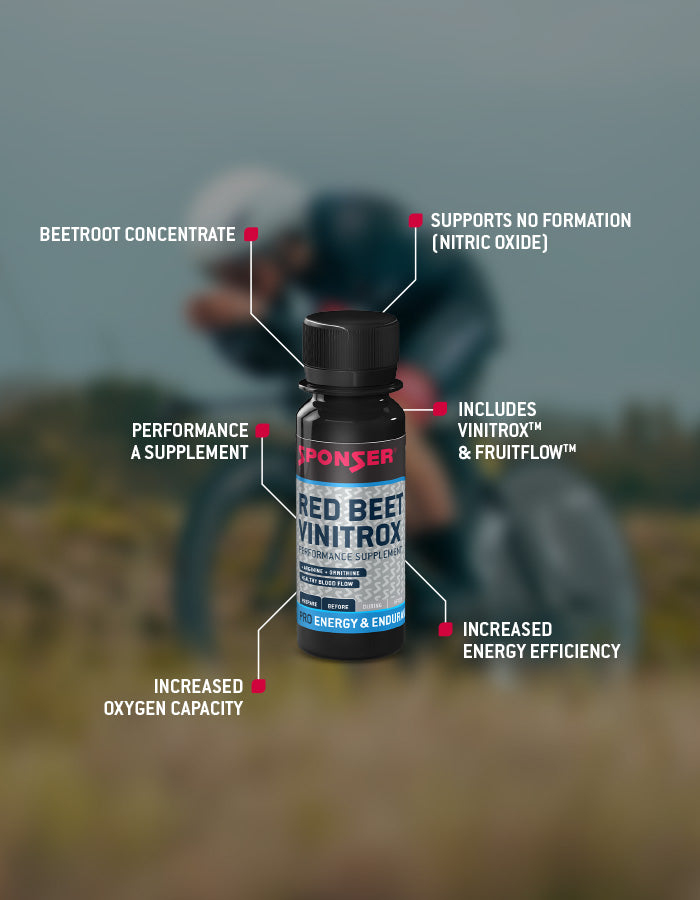
Nitrate for performance enhancement in sport? The most important facts
When consumed through food, nitrate is thought to have numerous positive health effects, ranging from vasodilatory and blood pressure-lowering effects to improvements in muscle and neuronal functions and the immune system (1-3).
Nitrate intake (via beetroot juice) has also become established in sports, as evidenced by studies on athletic performance (4). The vasodilatory effect means that more muscle work can be done per unit of time with the same oxygen consumption, which in turn improves the energy efficiency of muscle contraction. As a result, improved performance, a reduced sense of exertion and faster recovery are to be expected. This is especially true for anaerobic, high-intensity and/or intermittent exercise, as well as at high altitude or underwater. The Australian Institute for Sports therefore classifies nitrate or dietary nitrate / beetroot juice as an A-supplement and recommends that athletes take it under certain conditions.
Natural occurrence of nitrate
Nitrate occurs abundantly as a natural, inorganic micronutrient in a vegetable-rich diet, especially in spinach, lettuce and beetroot, although unsubstantiated upper limits for nitrate in vegetables are still in force.
Nitrate and its path to bioavailability
Human cells have limited ability to reduce nitrate to the biologically active nitric oxide (NO). Instead, we are largely dependent on our oral microflora to reduce dietary nitrate to nitrite, which in turn is broken down to NO in the bloodstream and in various tissues, ensuring the bioavailability of NO.
Bactericidal mouthwashes and nitrate absorption
The importance of a functional oral microbiota is evident when using a bactericidal mouthwash, which attenuates the increase in nitrite concentration following nitrate ingestion (5-6). Therefore, the diet, oral hygiene and composition of an individual's oral microbiota can not only influence athletic performance but have far-reaching effects on systemic health, depending on the interactions between host and microbiome.
Related articles
on » blood flow
on » performance optimisation
Literature
1) Philippu, A. (2016): Nitric Oxide: A Universal Modulator of Brain Function, in: Curr Med Chem. 2016;23(24):2643-2652.
2) Bogdan, C. (2015): Nitric oxide synthase in innate and adaptive immunity: an update, in: Trends Immunol. 2015 Mar;36(3):161-78.
3) Stamler, J. S. et al. (2001): Physiology of nitric oxide in skeletal muscle, in: Physiol Rev. 2001 Jan;81(1):209-237.
4) Jones, A. M. et al. (2021): Dietary Nitrate and Nitric Oxide Metabolism: Mouth, Circulation, Skeletal Muscle, and Exercise Performance. Med Sci Sports Exerc. 2021 Feb 1;53(2):280-294.
Author: Remo Jutzeler
Head R&D SPONSER SPORT FOOD
Ing. Applied Food Sciences UAS
MAS Nutrition & Health ETHZ









